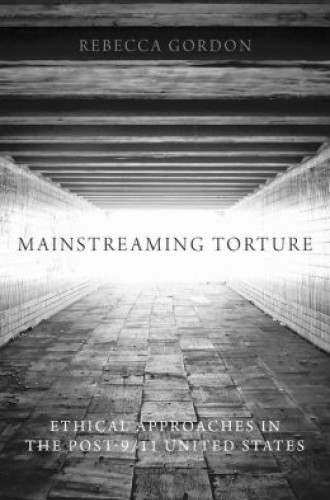Unjustifiable acts
In early December, after months of behind-the-scenes wrangling and delay, the Senate Intelligence Committee under the direction of Senator Dianne Feinstein finally released its report on CIA torture in the form of a 525-page executive summary. (The full 6,000-page report—which took five years to complete, at a cost of $40 million—is still being withheld from public view.) In the aftermath, four points are especially clear.
First, despite highly publicized claims to the contrary, according to internal CIA documents the U.S. practice of torture after 9/11 produced no actionable intelligence—not about Osama bin Laden, not about those who perpetrated the attack on the World Trade Center, not about anything. The torture was worse than unnecessary. It was counterproductive. It is also the best recruiting tool anti-U.S. terrorists have had.
Second, unlike the 1975–1976 Church Committee, which also investigated abuses by intelligence agencies, the Feinstein Committee makes no recommendations for reform. By contrast, a blistering New York Times editorial dated December 21, 2014, calls for prosecuting the architects of U.S. torture all the way up to the higher echelons of the Bush-Cheney White House. Impunity, notes the Times, only ensures that future torture by our government lurks in the shadows as a latent possibility.





